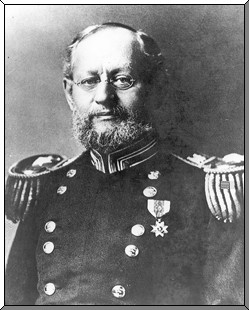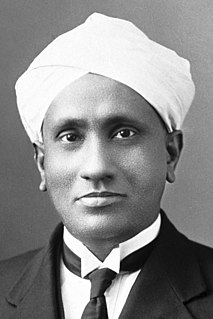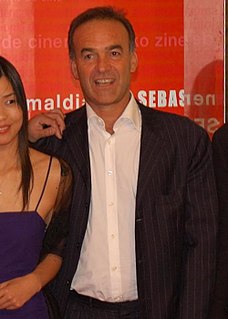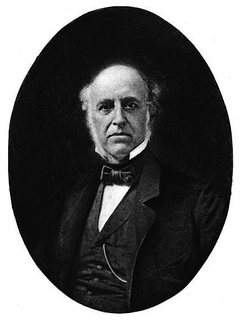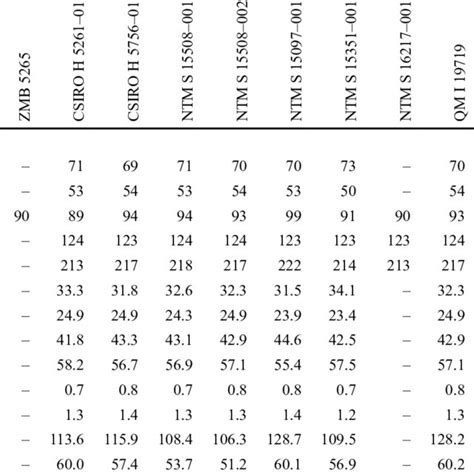A Quote by Henry Martyn Robert
It is difficult to find another branch of knowledge where a small amount of study produces such great results in increased efficiency in a country where the people rule, as in parliamentary law.
Related Quotes
No principle of general law is more universally acknowledged, than the perfect equality of nations. Russia and Geneva have equal rights. It results from this equality, that no one can rightfully impose a rule on another....As no nation can prescribe a rule for others, none can make a law of nations.
I studied law before I became a filmmaker, and I actually have a great belief in the justice system and the rule of law. I think it's the thing that separates us from animals. I really believe in the rule of law because it's an attempt to bring rational accountability to human behavior, which has a great capability of becoming irrational.
As was the case for Nobel's own invention of dynamite, the uses that are made of increased knowledge can serve both beneficial and potentially harmful ends. Increased knowledge clearly implies increased responsibility. We reject the notion advocated in some quarters that man should stop eating from the tree of knowledge, as if that were humanly possible.
The law is equal before all of us; but we are not all equal before the law. Virtually there is one law for the rich and another for the poor, one law for the cunning and another for the simple, one law for the forceful and another for the feeble, one law for the ignorant and another for the learned, one law for the brave and another for the timid, and within family limits one law for the parent and no law at all for the child.
Whether we like it or not, it is a fact that economics cannot remain an esoteric branch of knowledge accessible only to small groups of scholars and specialists. Economics deals with society's fundamental problems; it concerns everyone and belongs to all. It is the main and proper study of every citizen.
